The cruising sector has become a significant player in the tourism industry, offering travelers a unique way to explore multiple destinations in a single journey. While cruising can bring economic benefits to the regions it visits, it also raises concerns about environmental impact, cultural preservation, and local community engagement, and the West Mediterranean is not an exception. Focusing on environmental sustainability, ECO CRUISING is changing the cruise sector into a more environmentally friendly sector! Let’s take a look at the concerns and the impact the cruising sector has on the region.
One of the most pressing environmental concerns associated with the cruising sector is marine pollution. Cruise ships generate a substantial amount of waste, including sewage, wastewater, and solid waste, which can have detrimental effects on marine ecosystems. Discharge of untreated wastewater and release of pollutants can contribute to water pollution, harming marine life and degrading coral reefs and seagrass beds.
Cruise ships also emit significant amounts of air pollutants, including sulfur dioxide, nitrogen oxides, and particulate matter. These emissions can contribute to poor air quality in port cities and coastal areas, posing health risks to local communities and contributing to climate change.
The large size of cruise ships and the influx of tourists they bring can contribute to coastal erosion and habitat destruction. Anchoring in sensitive marine areas, such as coral reefs and seagrass meadows, can damage these fragile ecosystems, reducing their resilience and biodiversity.
While cruising can bring economic benefits to port cities and tourist destinations, the distribution of these benefits is often unequal. Local communities may not see a proportional share of the economic gains, leading to economic disparities and social tensions.
Hence knowing how to practice sustainable tourism is really important. To mitigate the environmental impact of cruising, many cruise lines are adopting sustainable practices, such as wastewater treatment systems, low-emission engines, and eco-friendly cleaning products. Certification programs, like Green Marine and Blue Flag, help identify cruise lines that adhere to rigorous environmental standards.
ECO CRUISING has also created the Capacity Building Programme for the SMEs in the sector, raising awareness among cruise workers about the environmental and cultural significance of the destinations and highlighting the importance of protecting the West Mediterranean's natural and cultural resources.
The cruising sector has a complex and multifaceted impact on the West Mediterranean, encompassing environmental, cultural, and social dimensions. While cruising offers an opportunity to explore the beauty and diversity of the region's coastal areas and islands, it also poses significant challenges that require thoughtful management and responsible tourism practices. By adopting sustainable operations, engaging with local communities, and promoting awareness among passengers, the cruising sector can play a vital role in preserving the West Mediterranean's unique natural and cultural heritage for future generations.


